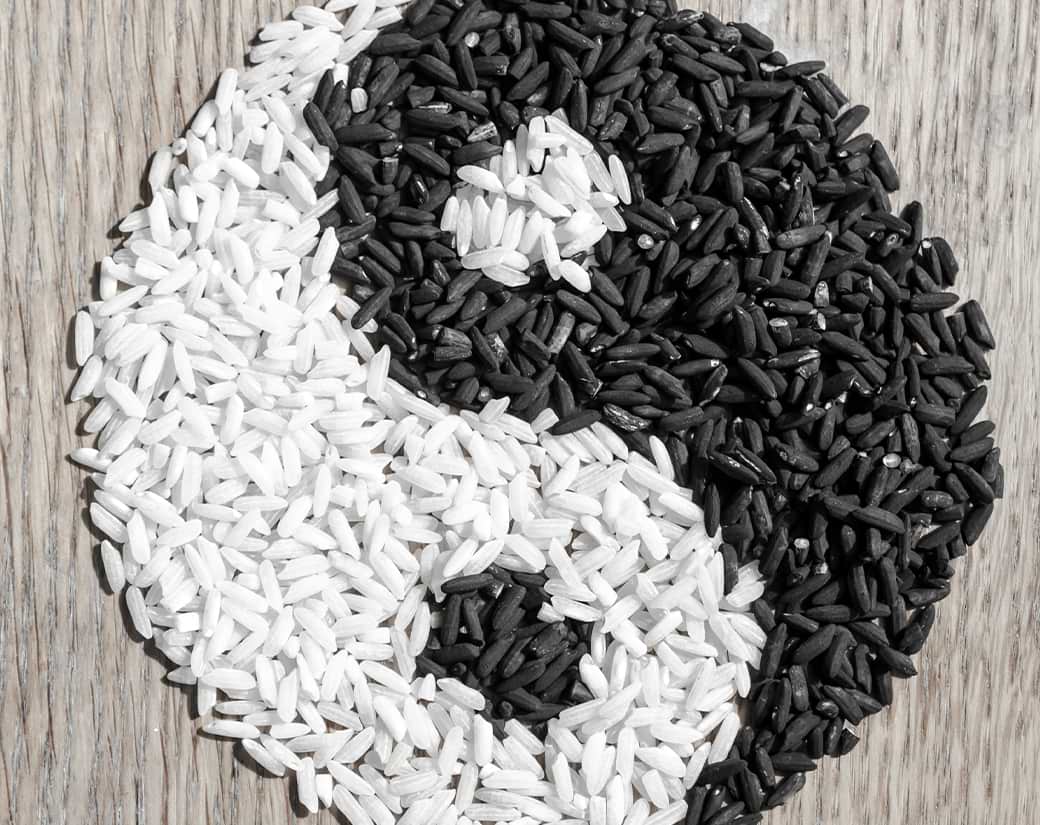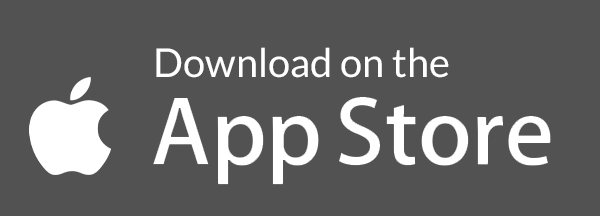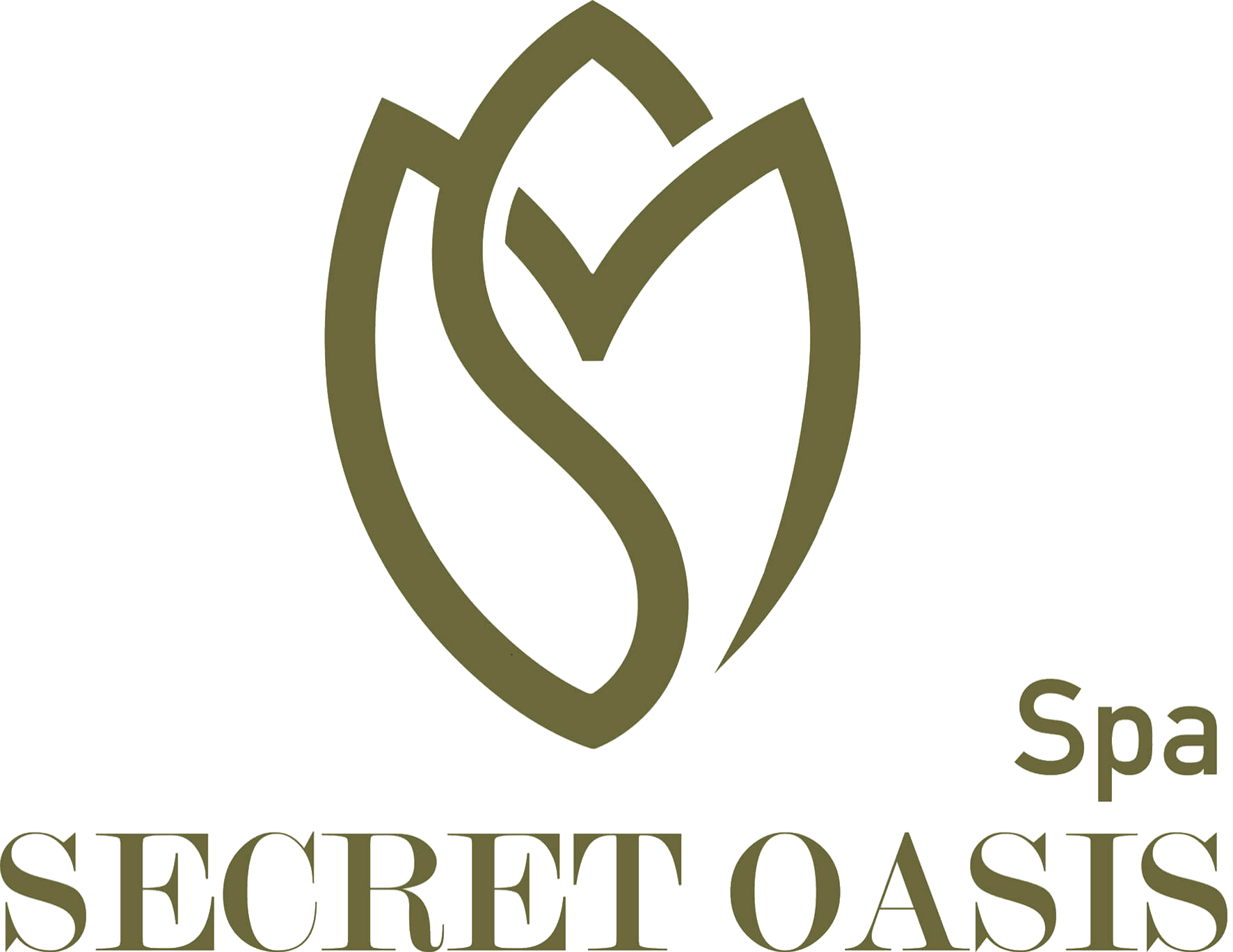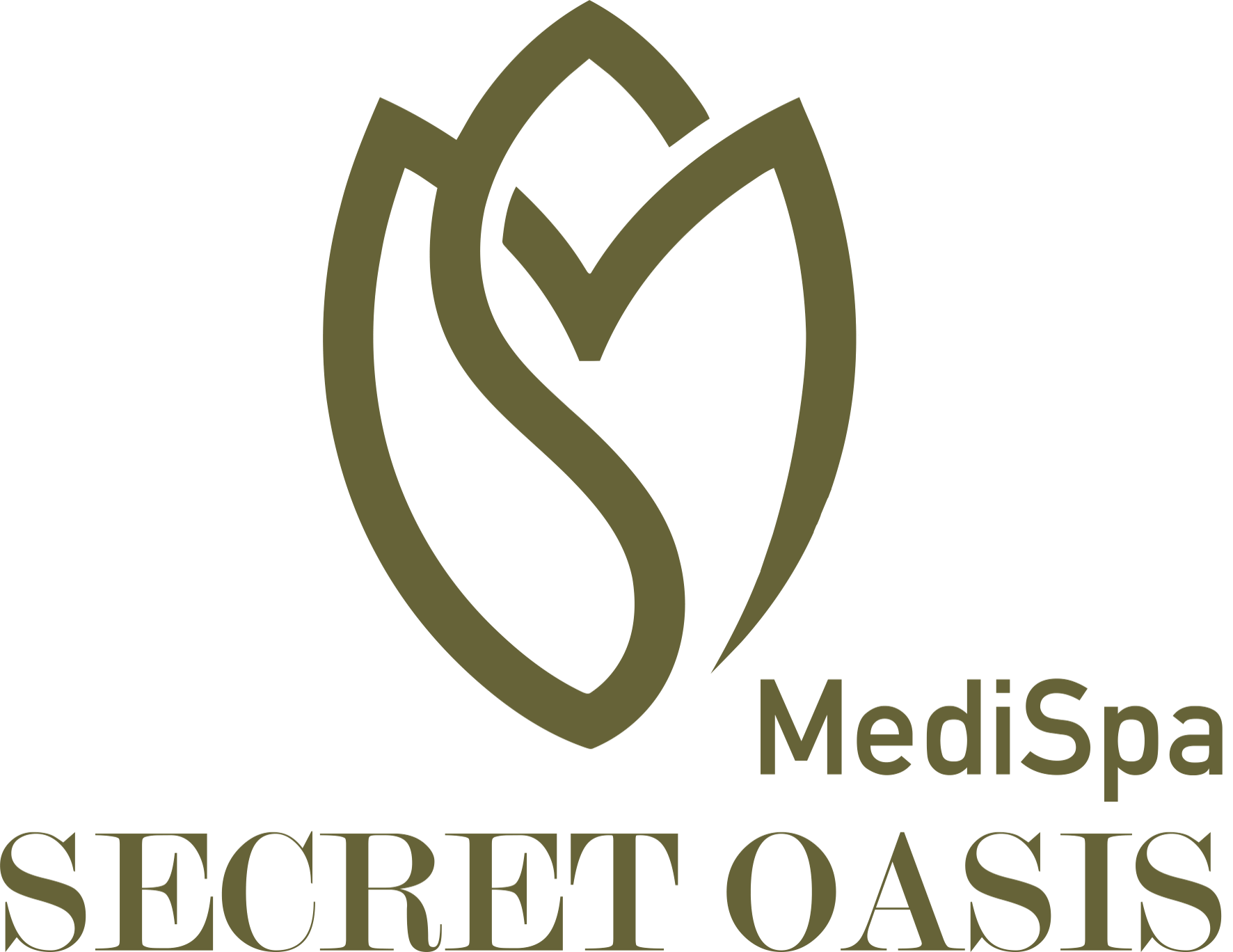Traditional Chinese Herbal Medicine
The underlying principles of TCM are very different from traditional Western notions about health, illness and the workings of the body. Chinese herbs are prescribed to normalise imbalanced energy, or Qi (pronounced ‘chee’), that runs through invisible meridians in the body. Whether or not the philosophy is believed, studies have shown Chinese herbal medicines to be successful in treating a range of disorders, particularly gynaecological and gastrointestinal disorders.
The TCM philosophy proposes that everything including organs of the body – is composed of the five elements: fire, earth, metal, water and wood. The herbs are similarly classified into the five tastes – sweet, salty, bitter, pungent and sour – which correspond to the five elements, for example, since the skin is a metal element Yang organ, it would be treated with a pungent herb.
BOOW NOW
Your first visit and consultation
Consultation is a must for your first visit and will be charged. Our doctor will take your medical history, read your pulses, may examine the site of your symptoms, and look at your tongue. Your individual treatment plan will be based on your conditions, state of health and lifestyle.
Prior to your first visit, you may want to think about or write down your health history, including surgeries, injuries, allergies and medications you are on. Please also take time to think or write down how the current problem or conditions were developed and how they have been investigated and treated. Please have this information ready as this will help you to have the most effective and comprehensive consultation with our doctor.
BOOK NOW
Western Medicine & Traditional Chinese Herbal Medicine
Chinese herbal medicine, some in use for more than 2,200 years, are composed of ingredients chosen to function in combination with each other. In Western medicine, medications are usually prescribed individually for a specific effect. In classical Traditional Chinese medicine herbal formulas, each herb has a different purpose or role to help the body achieve harmony. For a plant to have been included in the Chinese apothecary, each of its parts had to be identified for a different healing purpose. Traditional Chinese medicine also looks at the healing properties of foods in the same way. Different foods carry different energies that can go directly to specific organs to help them heal.
BOOK NOW
Yin And Yang
According to the principles of all Chinese medicine, health exists when the body is balanced and its energy is freely flowing. The term “energy” refers to Qi, the life energy that is said to animate the body. The term “balance” refers to the relative factors of Yin And Yang —the classic Taoist opposing forces of the universe. Yin And Yang find their expression in various subsidiary antagonists such as cold vs. heat, dampness vs. dryness, descending vs. ascending, at rest vs. active, and full vs. empty.
In an ideal state, Yin And Yang in all their forms are perfectly balanced in every part of the body. However, external or internal factors can upset this balance, leading to disease. Chinese medical diagnosis and treatment involves identifying the factors that are out of balance and attempting to bring them back into harmony. Diagnosis is carried out by means of “listening” to the pulse (in other words, taking the pulse with extraordinary care and sensitivity), observing and palpating various parts of the body, and asking a long series of questions.
BOOK NOWSpecial offer for facial and massages
– Buy 5 get 1 for free
– Buy 12 get 3 for free
– Prepay £600 get extra £100 free. Total £700 to spend – redeemable on any treatment except injectables.
*Payment in 2 instalments available. Terms & conditions apply.
CALL US NOW






